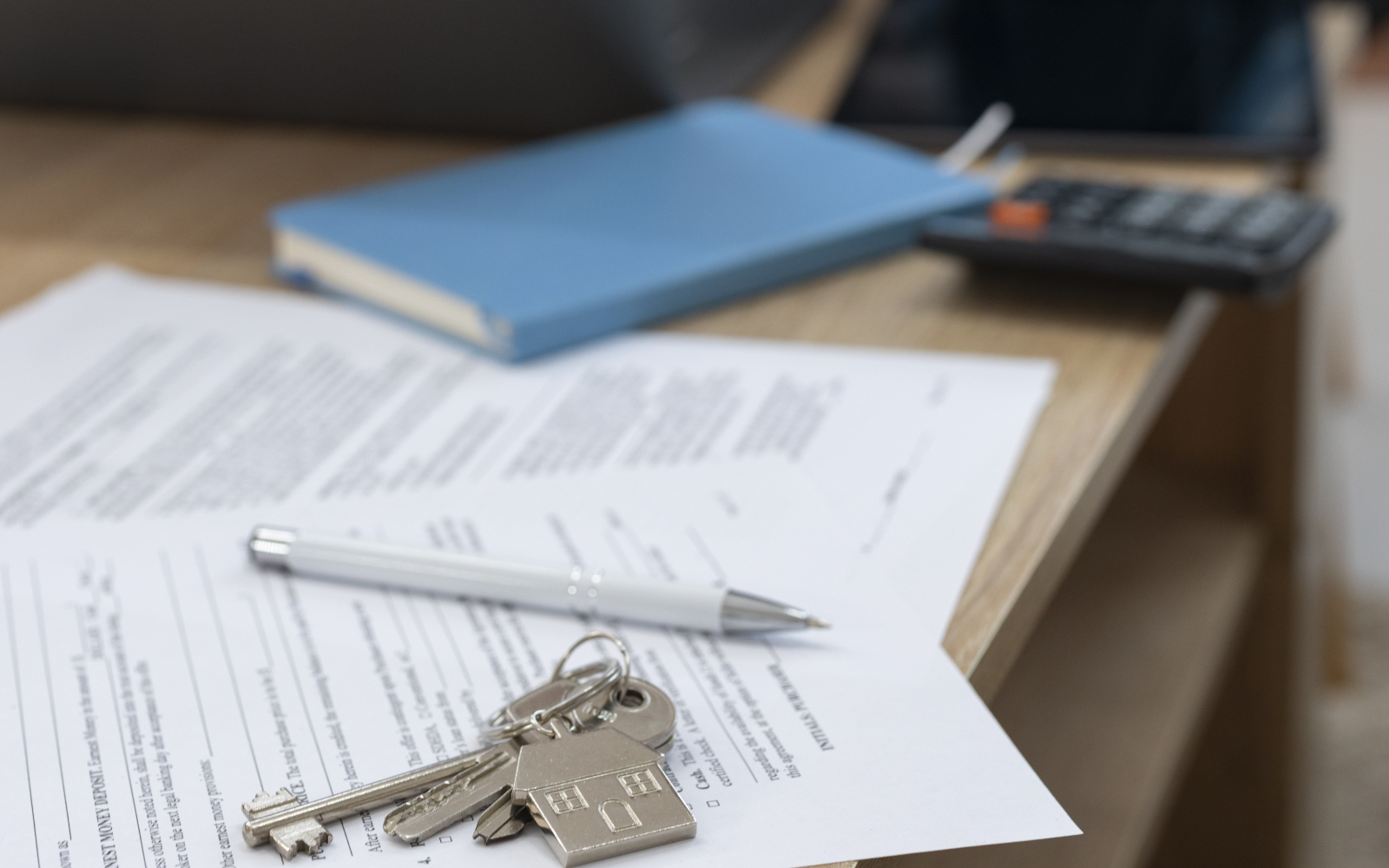If you are thinking of selling your property, you should make sure you have all the necessary documents so that the process is quick and smooth. This guide will help you know what the essential documents are and what they are for.
- Title Deed or Public Deed
- What is it?
It is the document that certifies that you are the owner of the property. - Where to obtain it:
If you do not have it, you can request a copy at the notary’s office where the original purchase was formalized.
- What is it?
- Nota Simple del Registro de la Propiedad
- What is it?
A report certifying who owns the property and whether it has any outstanding liens or encumbrances. - Where to obtain it:
At the corresponding Land Registry or online. This document is essential to guarantee to the buyers that the property is free of charges or encumbrances.
- What is it?
- Energy Efficiency Certificate
- What is it?
A mandatory document that classifies the energy efficiency of the house (from A to G). - Where to get it:
Hire a specialized technician to inspect the property and issue the certificate. Without this document, you will not be able to legally advertise or sell the property.
- What is it?
- Last IBI (Real Estate Tax) Receipts
- What is it?
Proof that the property tax is up to date. - Why it is important:
Buyers often request it to ensure that there are no debts associated with the home.
- What is it?
- Certificate of Zero Debt or Cancellation of Mortgage
- What is it?
If your home has or had a mortgage, this document proves that the debt has been paid off. - Where to obtain it:
At your bank, which can also manage the cancellation of the registration if necessary.
It should be clarified that it is common to confuse the payment of the mortgage with the cancellation of the mortgage, which are not the same thing. One thing is the economic cancellation and another thing is the registry cancellation.
On the one hand, the economic cancellation of the mortgage is given once all the installments have been paid, so that no more money is owed to the entity and it can be said that the mortgage is economically cancelled. If the client wishes, he/she can ask his/her bank for a certificate of zero debt.
On the other hand, there is what we call the cancellation of the mortgage. Once we finish paying the mortgage, it continues to exist in the Property Registry until the cancellation is promoted in the Registry. This is done by means of a public deed before a notary, to which the interested party does not go, but a proxy of the bank.
- What is it?
- Bylaws and Certificate of Community of Owners
- What is it?
If the property belongs to a community, you will need:- The statutes that regulate coexistence.
- A certificate certifying that you are up to date with the community payments.
- Where to get it:
Ask the administrator of the property or the president of the community for it.
- What is it?
- Certificate of Habitability (optional depending on the autonomous community)
- What is it?
A document that certifies that the home meets the basic requirements to be inhabited. - Where to obtain it:
Check if it is mandatory to file it in your autonomous community and, if so, hire a technician to obtain it.
- What is it?
- Plans and Certificate of Urbanistic Situation (optional)
- What are they?
- Original floor plans can be useful to show buyers the layout of the home.
- The certificate of urban status verifies that the property complies with local regulations.
- Where to obtain them:
The plans are usually in the original project of the house. The certificate is requested at the town hall.
- What are they?
- Service Contracts and Last Paid Bills
- What are they?
Documents proving that basic services (water, electricity, gas) are up to date. - Why they are important:
They give the buyer peace of mind that he will not inherit supply debts.
- What are they?
- DNI or NIE of the Owner
- Why it is mandatory:
Prove your identity to notaries, buyers and other intermediaries.
- Why it is mandatory:
Additional Steps to Formalize the Sale
- Prepare the home: Once you have the documents, make sure your home is ready to attract buyers.
- Choose a notary: He/she will certify the transaction and prepare the new deed for the buyer.
- Pay taxes associated with the sale: Be sure to take into account income tax and other taxes related to the capital gain.
To conclude, having all the documents ready from the beginning will facilitate the sale and give confidence to the buyer. Remember that each document has a specific purpose and having the support of a real estate professional and a lawyer can help you avoid mistakes.
Are you ready to sell your home? Prepare yourself with this checklist and take the first step towards a successful sale!
If you would like the advice of a Keller Williams Imperium Tarragona Agent, please contact us.
This is an official publication of KW Spain-Andorra. Source: link | Designed by @Freepik

